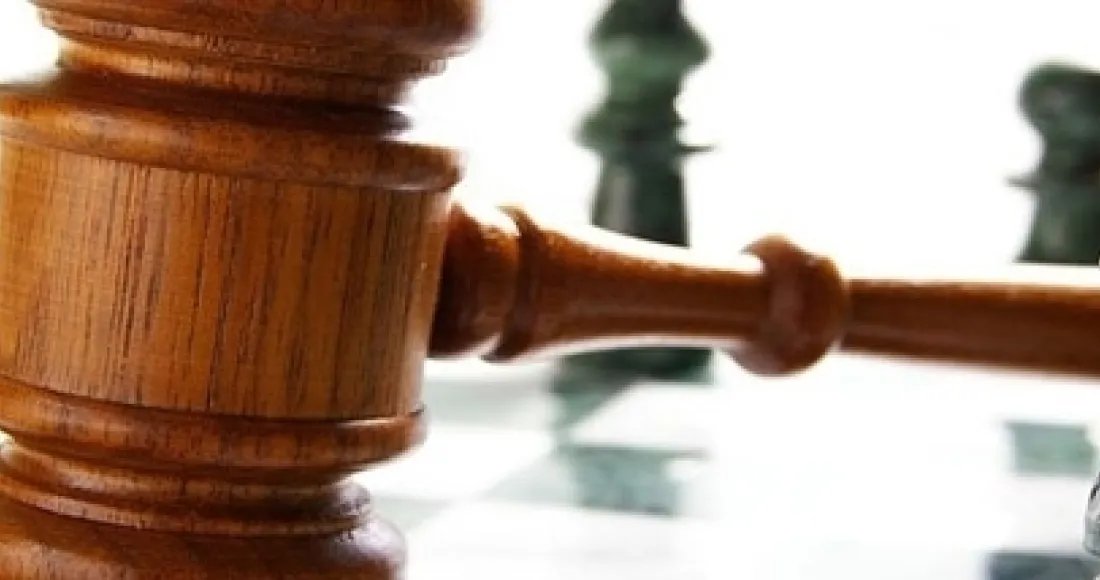
Generally speaking, whistleblowers are brave individuals who choose to come forward with information about fraudulent or criminal practices. Sometimes they do so as a relator in a qui tam lawsuit and sometimes they do so by going straight to the authorities first. In order to file a qui tam lawsuit, a relator or whistleblower must first share with the government all of the material information they have that supports their allegations. So if someone goes to the government first and later files a qui tam suit, it should be business as usual. Consider the case, however, of Samuel Babalola and Kayode Samuel Adetunmbi.
These two medical assistants thought they were doing the right thing. They witnessed their employer committing healthcare fraud and informed the appropriate authorities. Mr. Adetunmbi even agreed to allow the government to record his phone calls to capture his employer’s incriminating statements. As a result of their reporting to and cooperation with the government, the government recovered almost $38 million. Unfortunately, they were denied any portion of the government’s recovery because they filed their qui tam lawsuit after the criminal investigation had already blossomed. According to the government, they did the right thing in reporting the fraud, but they did not file their action soon enough to be considered for a portion of the recovery.
In such situations, the whistleblowers should be entitled to participate in the recovery so long as they are the original source of the information which fueled the government’s investigation.There is differing opinions on this around the country, which is why this case found itself in the US Supreme Court. While this controversy will be resolved by the Supreme Court, it should serve as a lesson to others out there who want to the right thing. Consult an experienced qui tam attorney BEFORE you report the fraud. In the end, these brave whistleblowers may still get what they deserve, but it would have been easier and quicker for them if they had advice from a lawyer on the front end. The case is U.S. ex rel. Babalola et al. v. U.S. et al., case number 13-1378, in the Supreme Court of the United States.

